5 Secrets of Devil's Castle Alta Utah
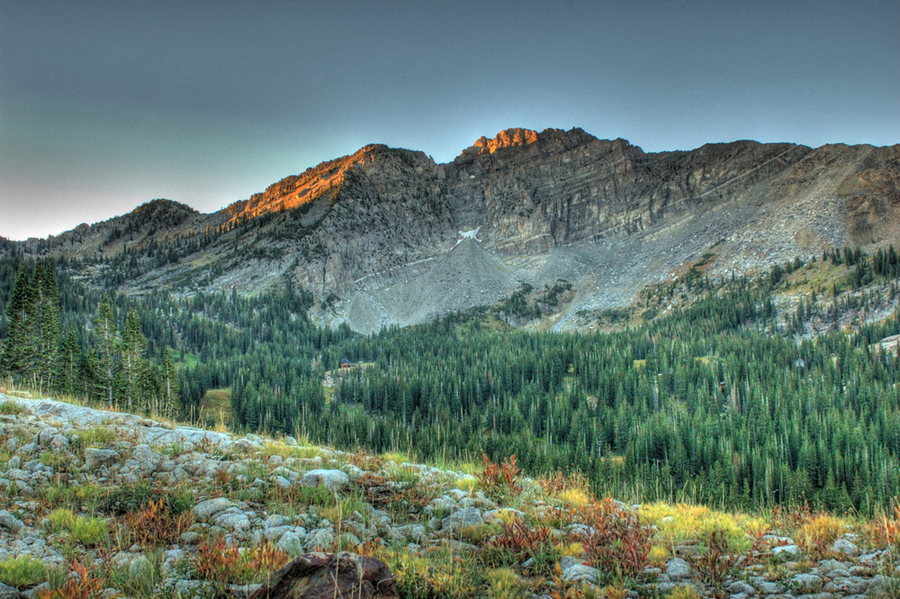
Unveiling the Mysteries of Devil's Castle, Alta Utah

Tucked away in the majestic Wasatch Mountains, Devil’s Castle stands as a testament to nature’s ingenuity, its twisted limestone spires and eerie rock formations evoking an otherworldly aura. Located within the Alta Ski Resort in Utah, this enigmatic landmark has captivated the imagination of skiers, hikers, and curiosity seekers for decades. As we delve into the secrets of Devil’s Castle, we’ll unravel the mysteries surrounding this foreboding monument.
Geological Marvel
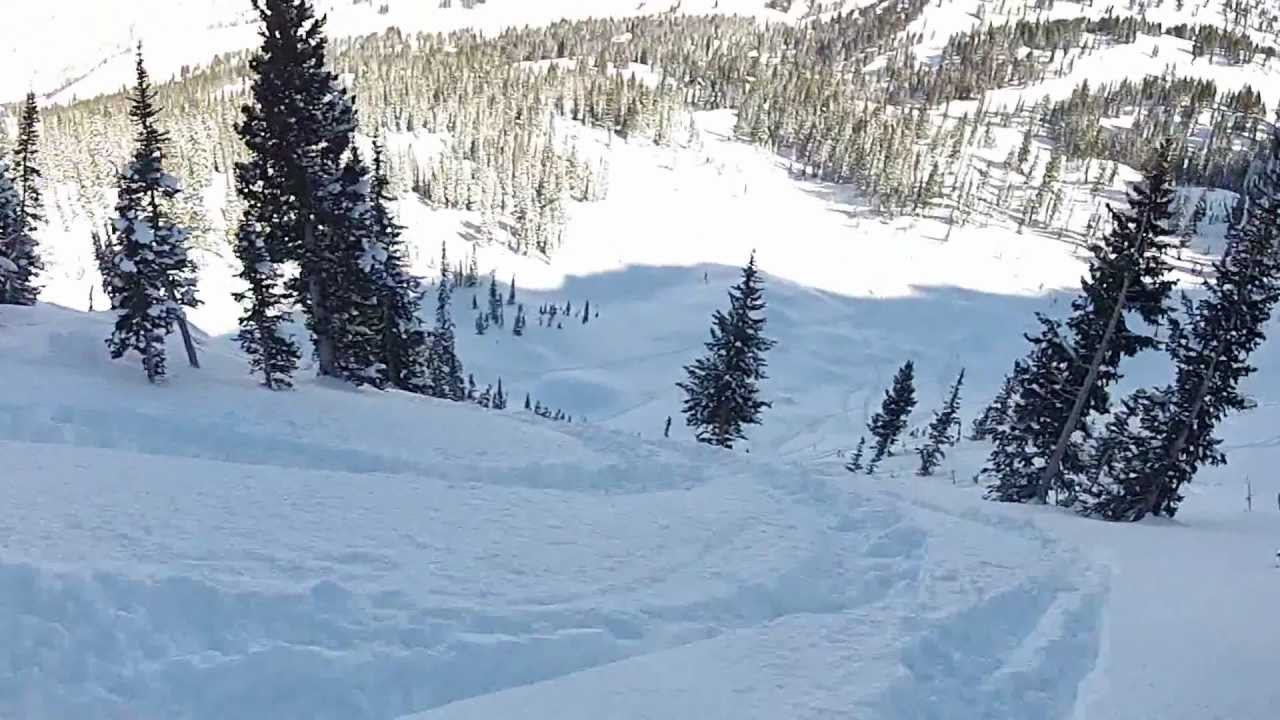
Devil’s Castle is a geological wonder, comprising limestone and dolomite rocks that have been shaped by millions of years of erosion. The unique rock formations are the result of a combination of tectonic activity, weathering, and glaciation. The castle’s twisted spires, which resemble the pipes of a fantastical organ, are a testament to the region’s complex geological history.
🔍 Note: The limestone rocks that make up Devil's Castle are estimated to be around 300 million years old, dating back to the Pennsylvanian period.
Early Exploration and Skiing History
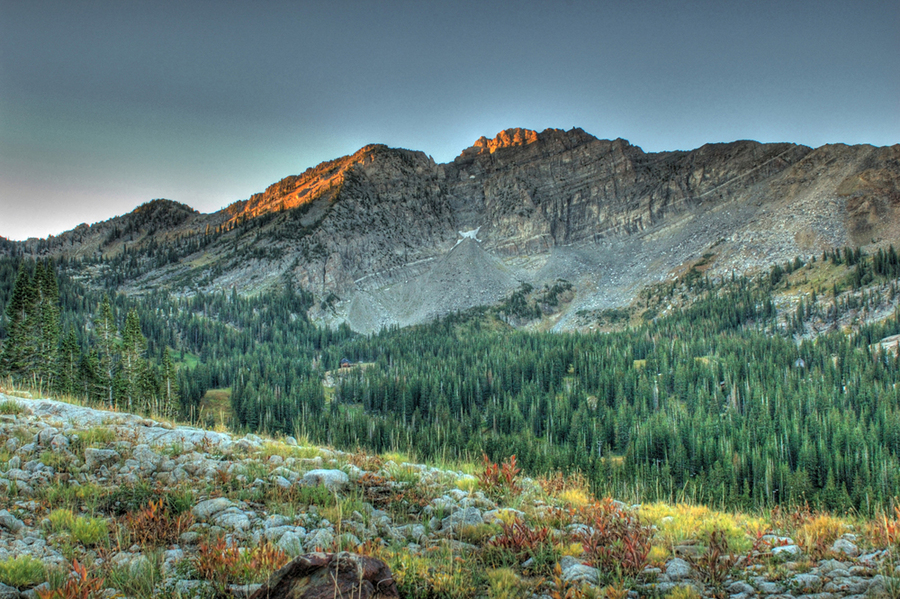
Devil’s Castle has been a magnet for explorers and skiers since the early 20th century. In the 1930s, the Alta Ski Club was formed, and the area began to attract skiers from across the country. The castle’s rugged terrain and abundant snowfall made it an ideal location for skiing and mountaineering. Today, the Alta Ski Resort is one of the most renowned ski destinations in the United States, with Devil’s Castle serving as its iconic centerpiece.
Environmental Significance

Devil’s Castle is situated within the Wasatch National Forest, a protected area that provides a habitat for a diverse range of flora and fauna. The region is home to numerous species of plants and animals, including the rare and endangered Utah pygmy rabbit. The castle’s unique rock formations also support a variety of microorganisms, which play a crucial role in the local ecosystem.
| Species | Description |
|---|---|
| Utah Pygmy Rabbit | A rare and endangered species of rabbit that inhabits the high-altitude meadows surrounding Devil's Castle. |
| Wasatch Columbine | A rare and endemic species of flowering plant that grows in the rocky outcroppings of Devil's Castle. |
| Pika | A small mammal that inhabits the rocky talus fields surrounding Devil's Castle, feeding on a variety of plants and microorganisms. |
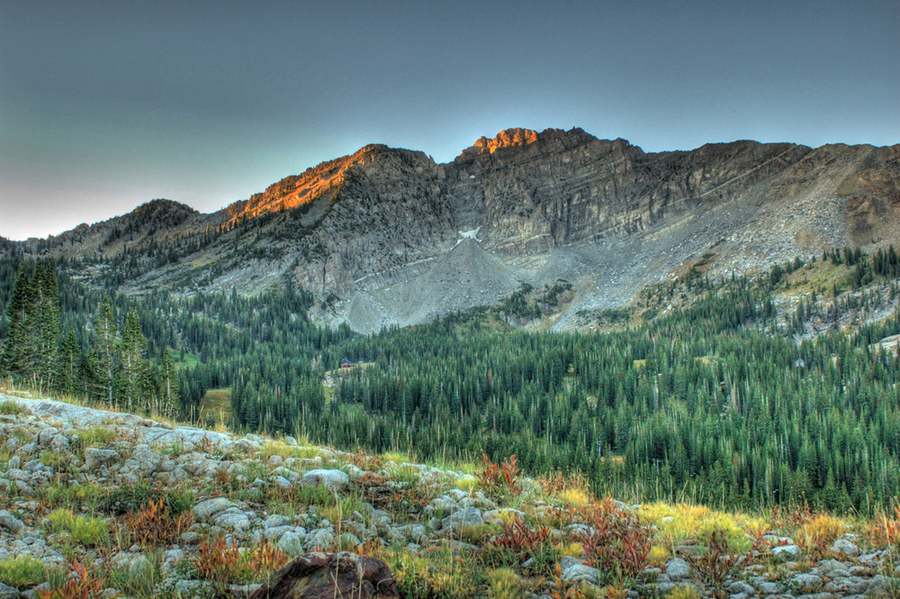
Cultural Significance
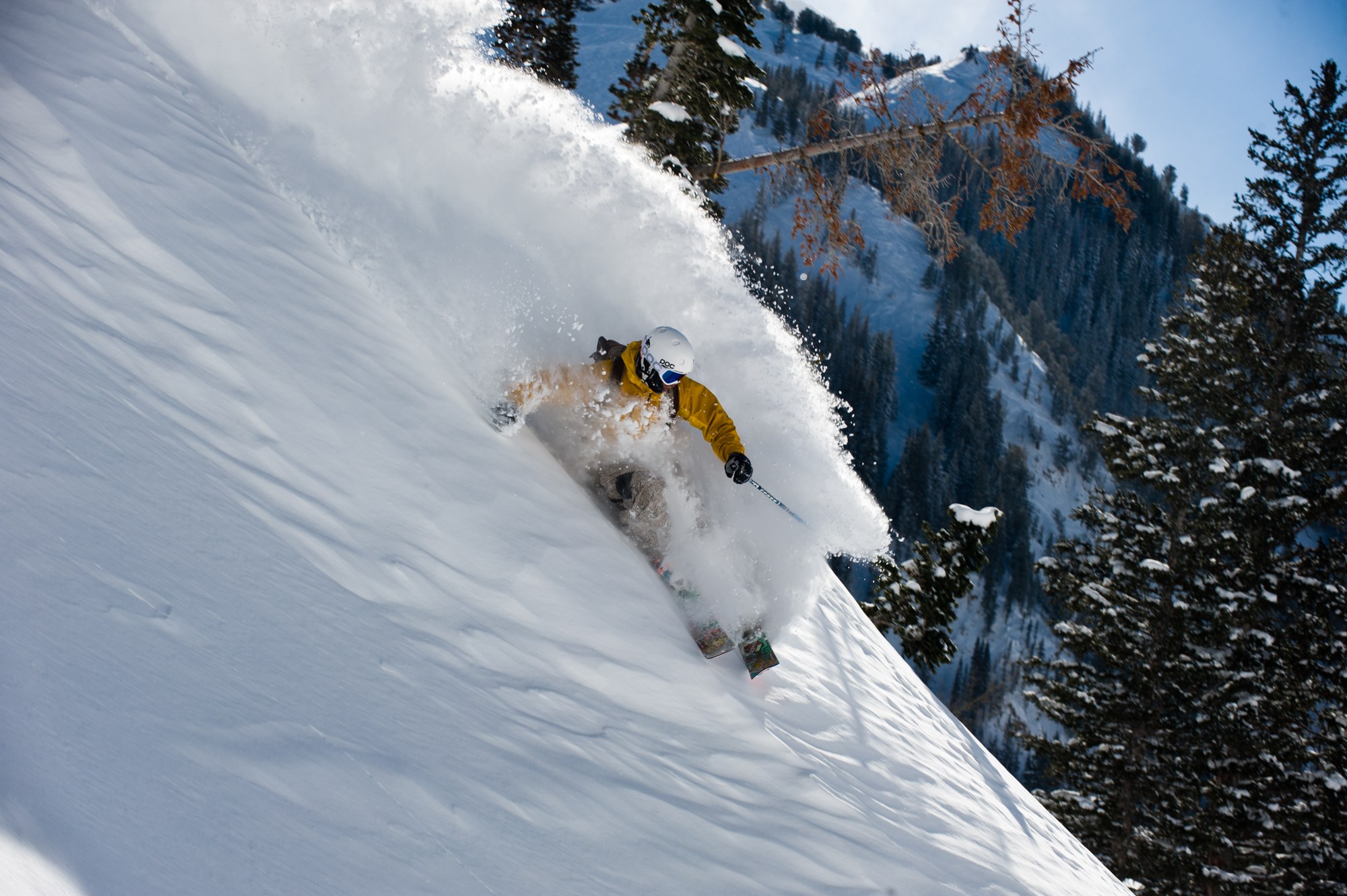
Devil’s Castle has played a significant role in the cultural and spiritual practices of the indigenous peoples of the region. The Ute and Paiute tribes consider the castle a sacred site, believing it to be inhabited by spirits and ancestral beings. The castle’s unique rock formations are also said to possess healing properties, with many visitors reporting feelings of spiritual renewal and rejuvenation.
Accessibility and Safety
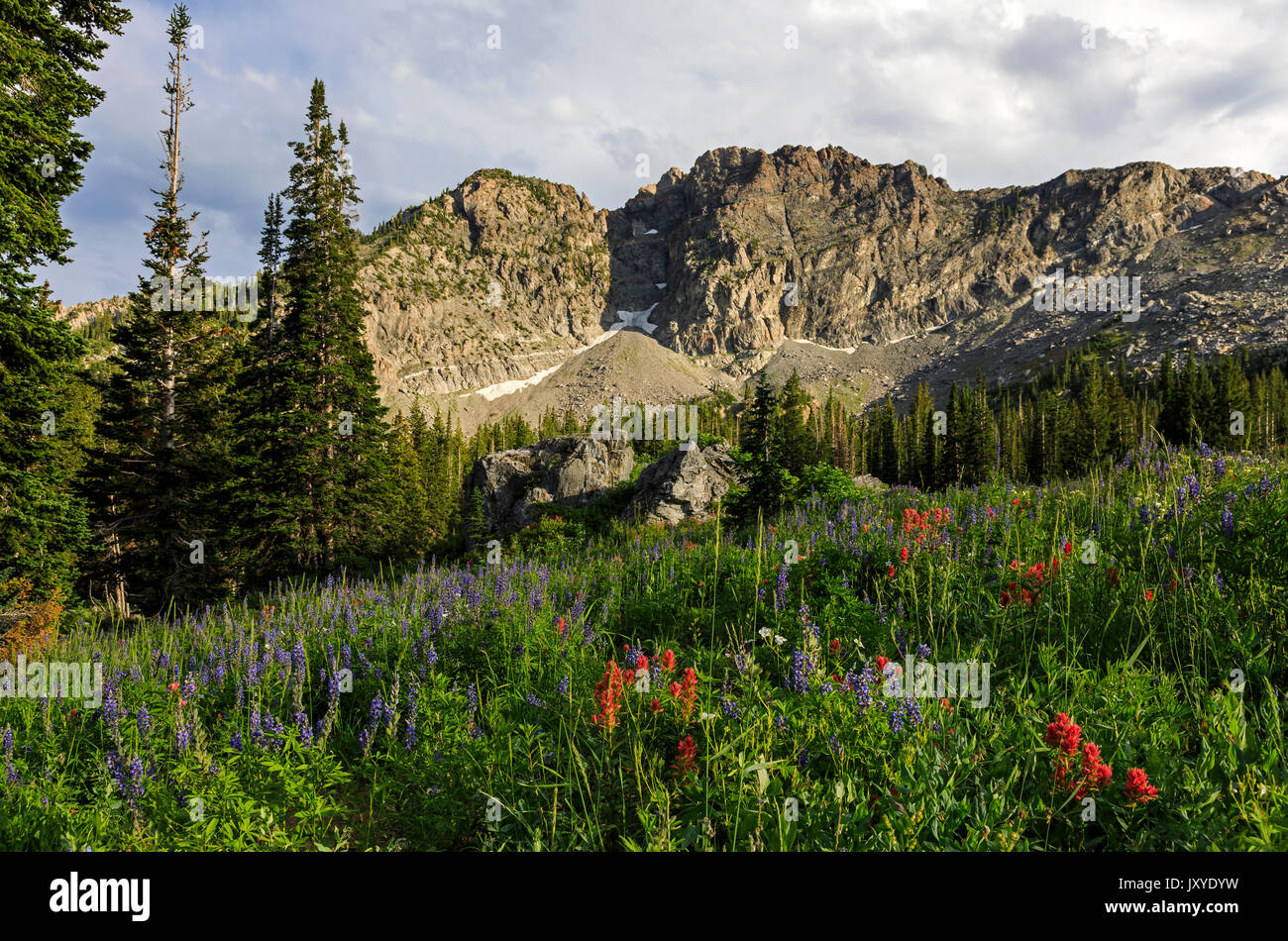
While Devil’s Castle is accessible via a moderate hike from the Alta Ski Resort, visitors are advised to exercise caution when approaching the castle. The terrain is rugged, and the castle’s unique rock formations can be hazardous, particularly in icy or snowy conditions.
⚠️ Note: Visitors are advised to stay on designated trails and avoid attempting to climb or touch the castle's rock formations, as this can damage the environment and pose a risk to personal safety.
As we conclude our exploration of Devil’s Castle, we are left with a deeper appreciation for the natural world and the secrets it holds. This enigmatic landmark serves as a reminder of the importance of preserving our environment and respecting the cultural and spiritual practices of indigenous peoples.
The allure of Devil’s Castle continues to captivate visitors from around the world, inspiring a sense of wonder and awe in all who lay eyes on its twisted limestone spires. Whether you’re a skier, hiker, or simply a curious observer, Devil’s Castle is a destination that promises to leave a lasting impression.
What is the best time to visit Devil’s Castle?

+
The best time to visit Devil’s Castle is during the summer months (June to August) when the weather is warm and the wildflowers are in bloom. However, the castle is also accessible during the winter months (December to April) for skiing and snowshoeing.
Is Devil’s Castle suitable for families?
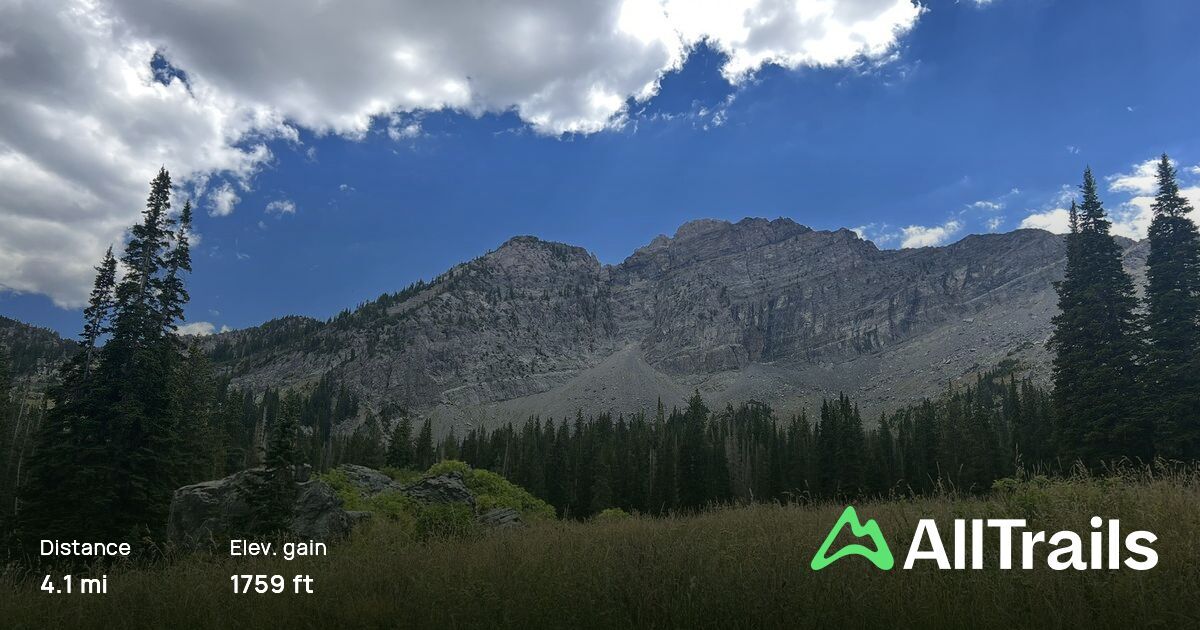
+
Yes, Devil’s Castle is suitable for families with children aged 8 and above. However, the hike to the castle can be challenging, and children should be accompanied by an adult at all times.
Can I climb or touch the rock formations of Devil’s Castle?
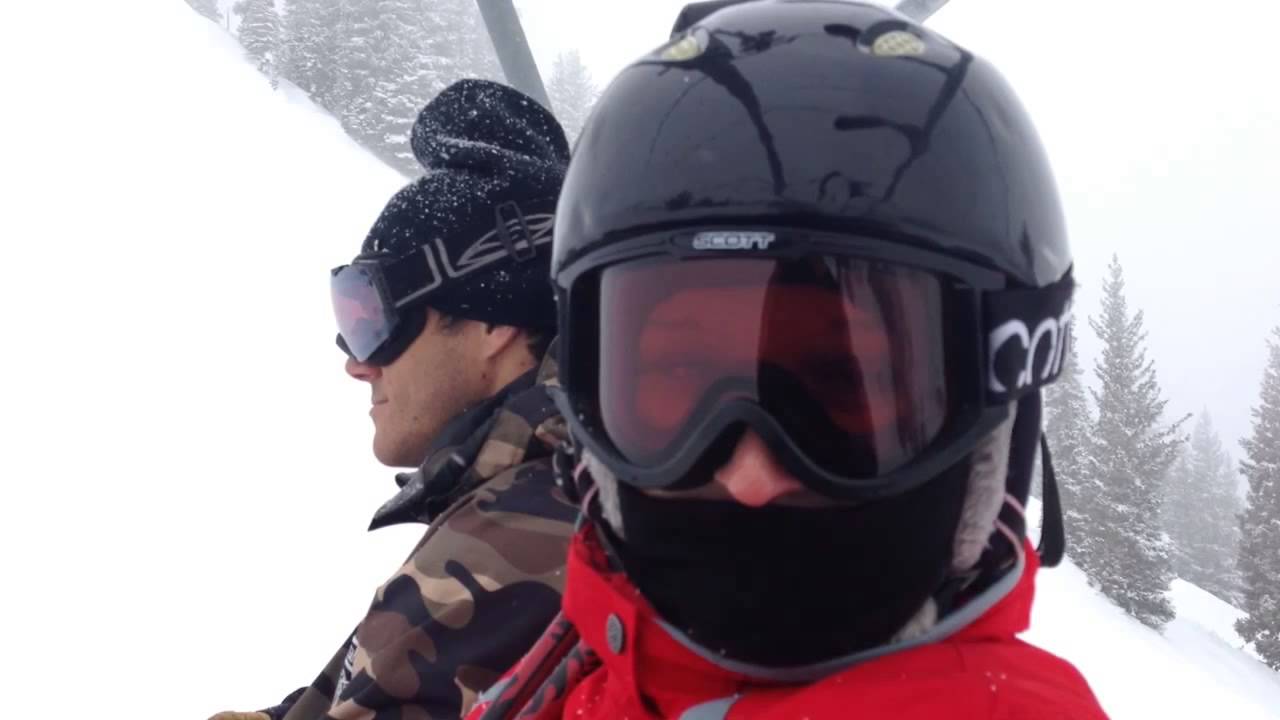
+
No, visitors are advised to stay on designated trails and avoid attempting to climb or touch the castle’s rock formations, as this can damage the environment and pose a risk to personal safety.


